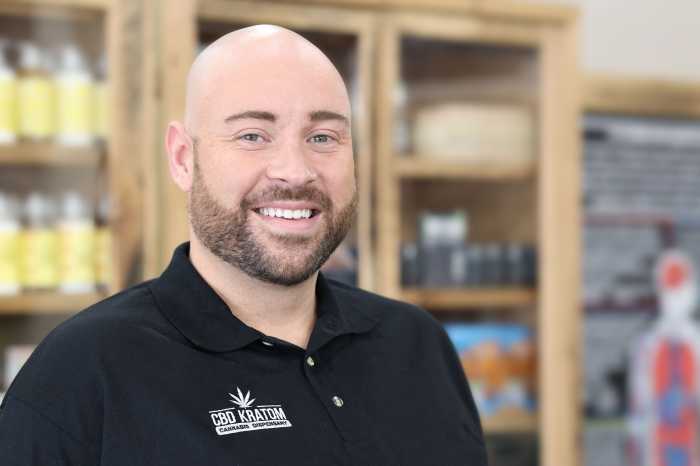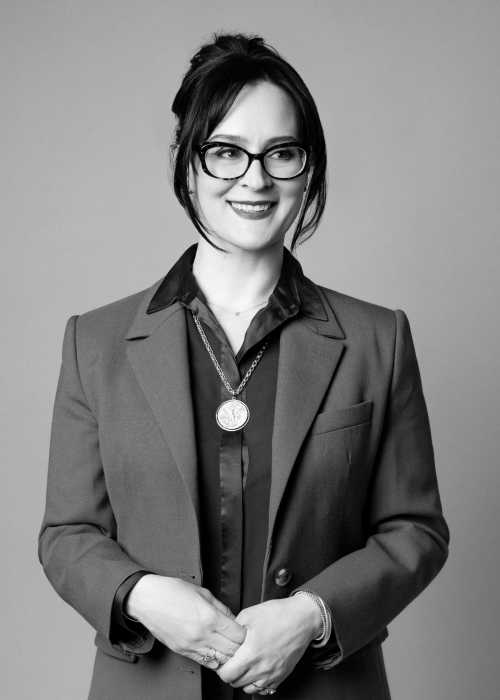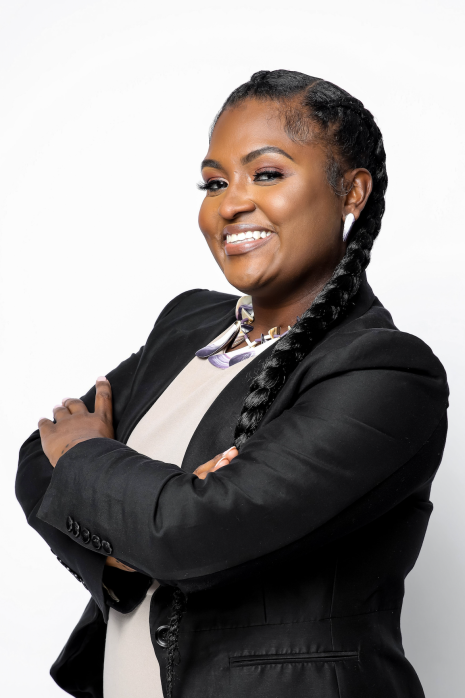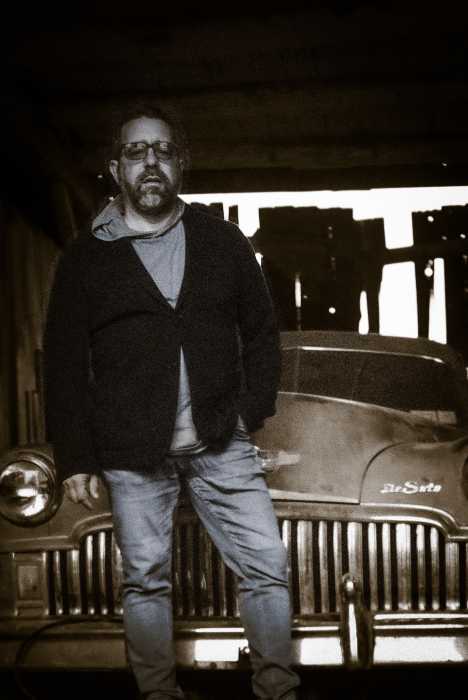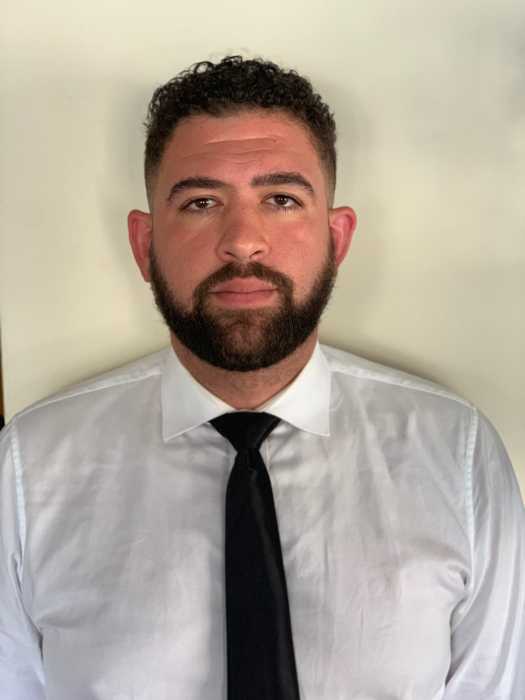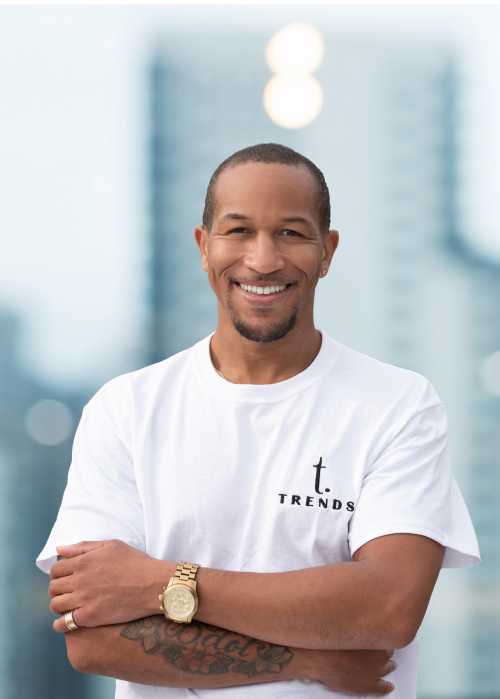Jason is a seasoned professional with 13 years of experience in finance and human resources leadership roles. A SHRM-CP certified expert, he joined CBD Kratom in January 2020, playing a crucial role in navigating the COVID-19 pandemic and ensuring compliance. An awardee of the 2022 St. Louis Business Journal HR Award, Jason excels in implementing processes, and developing leaders, and currently oversees the wholesale, marketing, and operations functions at CBD Kratom.
What do you feel is the most urgent issue facing the New York-Cannabis industry?
The fumbled start to recreational marijuana has left a gap/oversight and uninformed policy around hemp and how it fits into the NY cannabis industry. We are always advocates for the growth and advancement of our industry at large, but marijuana businesses see us as a threat, regulators don’t understand us, and we’re just trying to find space and grow our business.
Do you have any cannabis industry-specific advice for people looking to break into the field?
Find what differentiates you and how you want to position yourself within the market. I think the industry is so young that there is so much opportunity to get in it and explore, and yet, it is going to take professionalism, resilience, and some nimbleness. If you’re willing to put those three into practice regularly I think you’ll have a strong chance at rising to the top.
What are your hopes for the future of the cannabis industry in New York?
There needs to be reasonable regulation and space for marijuana and hemp cannabis. This is a huge market with an appetite for both products.
What are some of the positive impacts you’ve seen from legalizing cannabis in New York?
I think it has shown the public readiness for cannabis as a whole. Also, thriving business is just a good economic lift overall. We employ 66 people in NYC, we have 12 storefronts in NYC.


